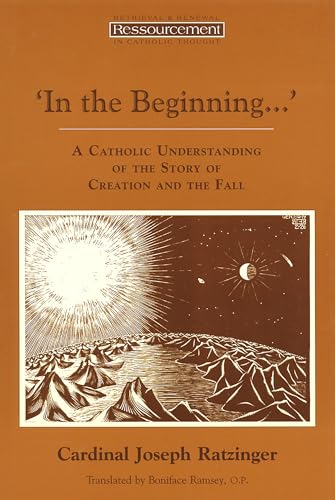
The Vatican Observatory have published articles and photos from the recent solar eclipse. This picture is from Fr James Kurzynski, who writes:
Yep, you guessed it. Another eclipse post… and for very good reason. I’m still unpacking my eclipse experience both literally (luggage) and spiritually. Until I wrap my head, heart and prayer around what happened, here are some of my initial images. The quality isn’t the best because I just grabbed them off of social media. Better quality images to come!
Enjoy!
Brother Guy Consolmagno describes a few steps of the dance between Religion and Science:
Observing a total solar eclipse is of great value to scientists studying the Sun’s corona, a study that was pioneered by Fr. Angelo Secchi, SJ of the Roman College in the mid 1800s. But of course all of us, scientists or not, were also enraptured by the beauty of the event. The laws of physics are so reliable that we can predict the time and place of an eclipse to a fraction of a second; but who could predict how beautiful it would be, or how it would affect each person who observed it? That tells me so much about a Creator who is both reliable and yet forever full of surprise!












